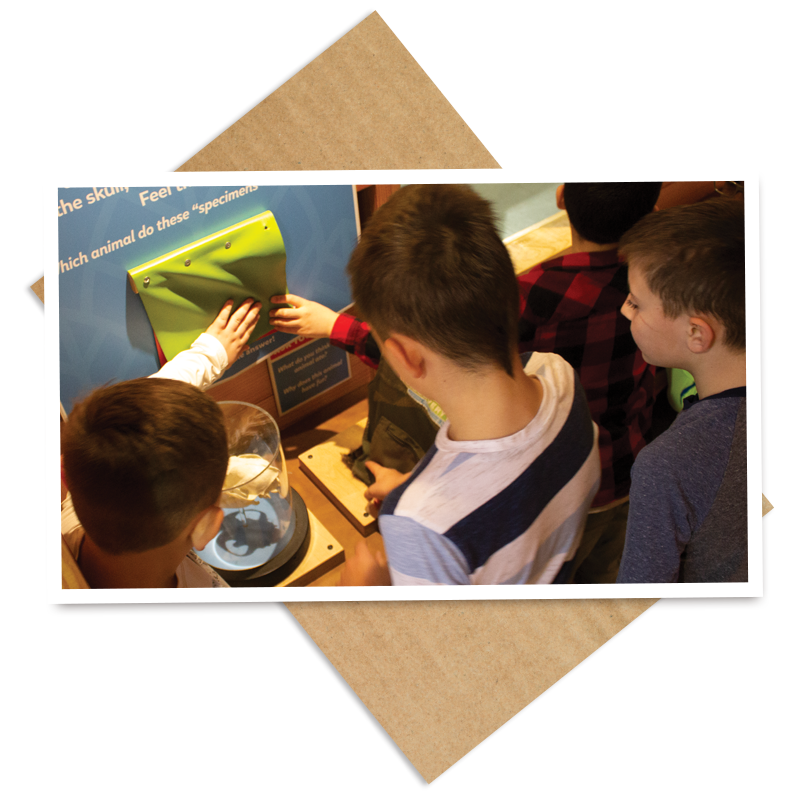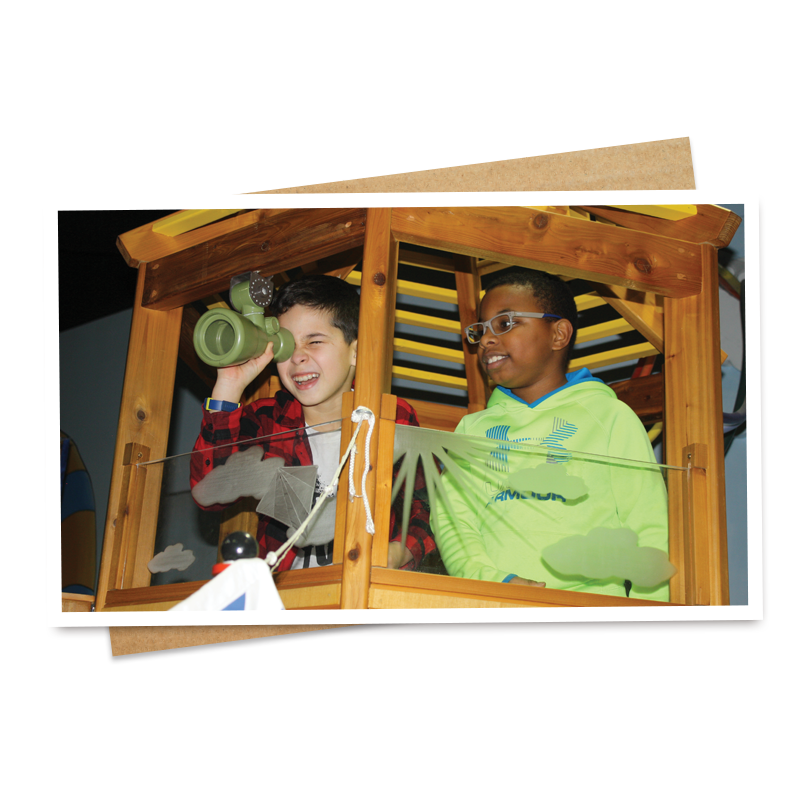We talk plenty about a creativity crisis while at the same time note the importance of innovation and problem solving as 21st-century skills. Yet we continue to squeeze out of a young child’s day the very activities that promote these skills – unsupervised, unstructured play with lots of opportunities to self-direct and physically explore…Therein is the genius of the children’s museum. There is intentional design to permit the spontaneous behavior that defines how young children should spend their time.
– Richard Rende, author of Raising Can-Do Kids: Giving Children the Tools to Thrive in a Fast-Changing World, in his blog, entitled “Why We Need Children’s Museums,” 2016





